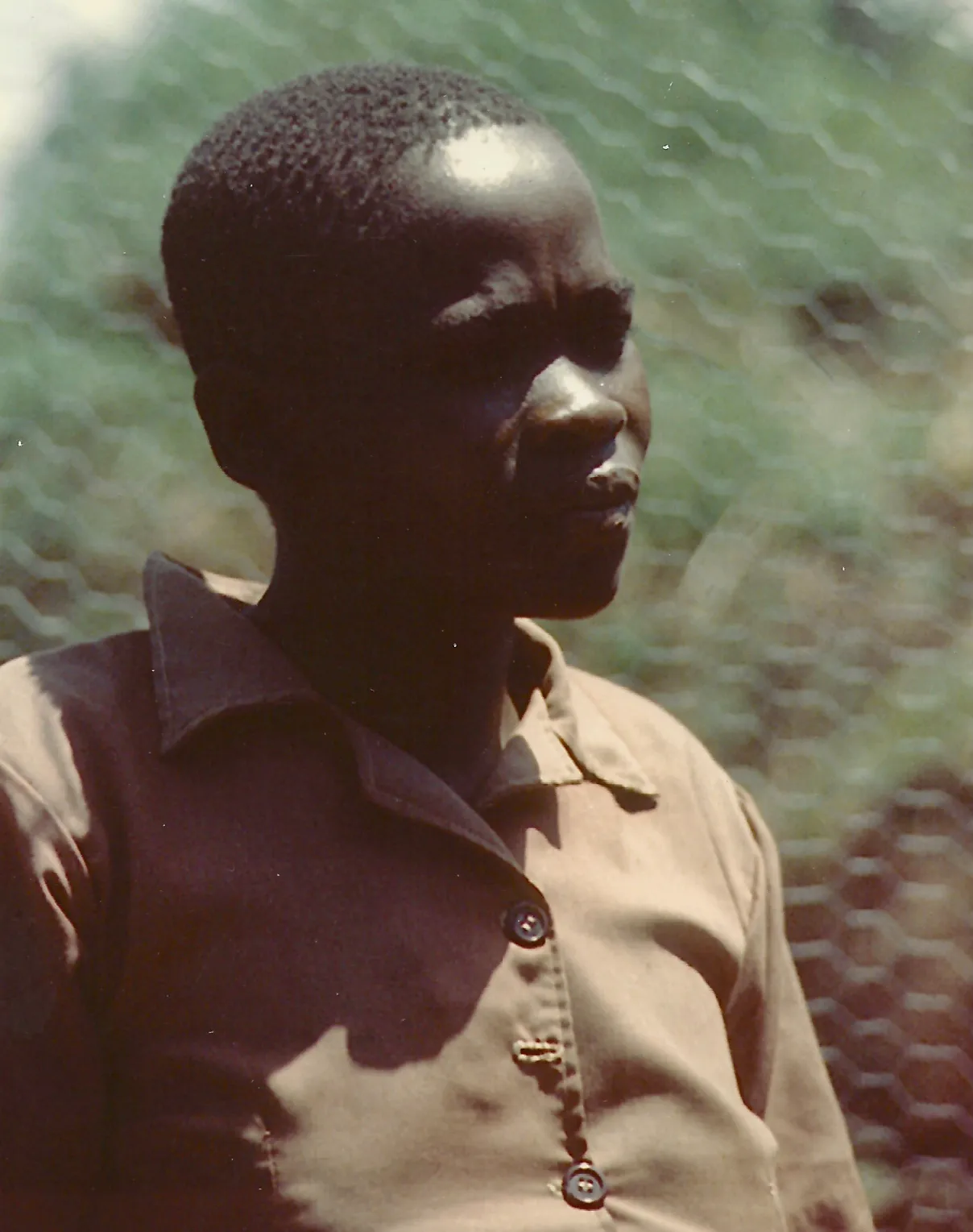
Pauline Odiambo: Health Sister
I never talked to her but I never forgot her.
Pauline Odiambo was a member of the Luo tribe. I didn’t speak their language. Pauline couldn’t read or write. But everyone in her village of Lwala, Kenya knew her. And that was the key to her success.
Pauline was one of the Nyamreras or Health Sisters. They were not a team of Westerners bearing strange tools and mythologies. They were women elected by their fellow villagers near Kisumu in Western Kenya on the shores of Lake Victoria. They were chosen to learn basics of health and hygiene. They were trained at the Project Centre in basic first aid, sanitation, post-natal care and the treatment of diseases common to the area – diphtheria, cholera, malaria.
I was there to learn about the Health Sisters, document their progress and raise support back in Canada so that the project would survive. Walking around Lwala I didn’t have to look hard to see that Pauline was having an impact on her 300 neighbours. They were starting to dig latrines. Dishes were put on racks to dry so the sun could kill bacterial residue. Some of the huts had gardens, irrigated with waste water from the kitchen. Baby steps but steps nonetheless.
The Health Sisters were the brainchild of Dan Kaseje. I met him later at the University of Nairobi. He grew up near Kisumu. He knew the people and what they needed. They needed their own people who, with some basic training, would be trusted and impactful. I remember him leaning back in his chair and telling me with earned pride that the mortality rate had dropped, fewer people were dying of malaria and the mortality rate of children under 5 was on the decline.
All this happened in the early 1980’s but I remembered the Health Sisters when a picture of Pauline popped up on my computer. And while many countries mark March as Women’s History Month, millions of women such as Pauline Odiambo who made a difference in their world, will be lost to history without someone telling their story.
So there it is.
Post a comment